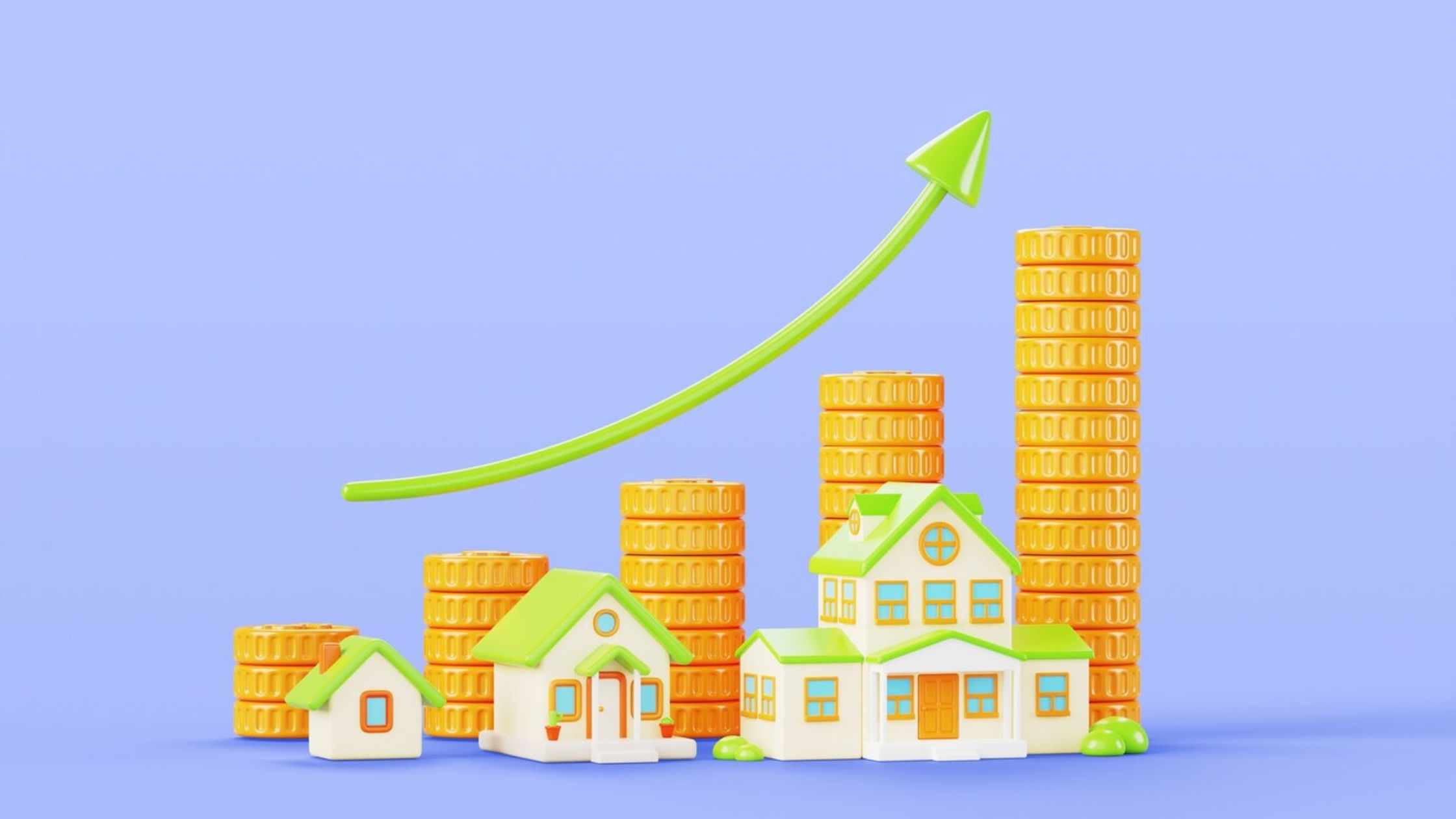The pandemic situation has affected the world in a bad manner. Although things are getting back to normal, the world economy is still fighting hard to get back on track. During such a period when inflation is going to hit hard, people must stay alert and make their investment decisions properly.
This is especially true for the people in the CRE industry as the covid-19 has hit it in the very worst way possible. After all the upgrades and changes, the industry is now getting back to its normal self. Despite the differences, there are still difficulties that the investors must be aware of to use the available opportunity to the very best.
No matter whether you are an experienced investor or a newbie, the industry is quite risky in the current scenario. Herein having professional support will assure you are able to make the investment in the right place and earn a good return.
You need to know that investment property ownership has always been considered good irrespective of the inflationary condition. Be it the commercial property like industrial, medical, office, etc., or the multi-family buildings, the purchase of the income property can actually offer superior protection. If you are new to this, the guide here will provide you with all the essentials to understand it well.
Why invest during inflation?
You need to have a clear idea that the property values in the current scenario have arisen during the inflationary times because the owners believe that the tenant’s rent now can be increased more quickly than during the low inflation times.
Besides, the property value rises with inflation due to increased tenant demand that is paid up with the increasing scarcity of new development. The higher cost of the construction typically is responsible for creating an increased barrier to further development and thus.
As a result, the value of the existing property is expected to rise greatly, as is given by the classic demand and supply scarcity dynamic.
Finally, by carefully choosing the financing with a fixed interest, the investors will be able to make use of the future dollars for reaping the loan effectively. Thus, reducing the borrowing cost.
What can real estate investors expect?
One can expect the dynamics of the rising rent and the scarcity of the developed new properties to drive the value during this cycle, as it was quite visible during the prior inflationary times.
Whether the property is service-oriented, retail, investment, or apartment, the consumer demands is at a high rate in the majority of the categories for well-located and functional properties. However, it is suggested to take every step must be taken with caution.
But the question is will the growing demand continue to be locally and regionally specific during the pandemic as people choose to shift away from the high-density urban living to the remote, suburban, and tertiary market areas. It was a lifestyle choice that most of the homeowners made so that they did not have to worry about paying high rent.
This dramatic change has been seen in the largest cities that had several smaller and mid-sized communities and states benefiting noticeably. It is thus vital to see if the shift will last for a long time or if the people will start moving back to the metropolitan areas.
Is it real?
The lenders have an option for increasing the commercial real estate rent as much as they want, but it will not do them any good if there keep on pushing those tenants out of business. The commercial rent increases will be selective, focusing on those properties with the tenants who have benefited from the pandemic and will continue in the coming future.
Besides, the rising labor cost will further challenge most businesses as there will be certain limitations as to how much they can increase the good cost and service that is to be delivered to the clients.
Impact on sale prices and residential rates
Multi-family and single-family homes will also come under pressure of a similar dynamic as the earlier part of the great recession in most markets that have continually risen. It is true that the crash of 2008 reset home prices, and the rent was significantly lowered, but that loss now has been more than recovered.
In the current scenario, most of the market’s home value and the rate has risen beyond the traditional rate of growth that would have occurred without a great recession. In simple words, the ratio of the multi-family and home prices to average income is tighter than in recent years. In fact, the renters and the homebuyers can only pay so much until they are forced to relocate.
The new development will slow.
One can expect a continuous limited growth of the new property constructions in the CRE market and a slowing of the single-family development due to the significant increase in the construction cost that has been prevalent in the last 24 months, along with the higher cost of borrowing.
The borrowing cost for construction and land development will increase with the rising market interest rates. The pressure put on the builder’s profitability will likely increase and thus will lead to slow development.
The lenders and the banks have been long waiting to increase the interest rate that is charged on the loans to improve their net interest margin after the historically low rate period of over ten years.
Now they will be able to increase the loan rates easily as per the desire, which can be expected to greatly affect the average loans and underwriting leading to lower available leverage and further affecting the profit of the developer.
Is it the right time to invest?
If the capital markets and inflation is considered, property values will continue to rise, and the rent will follow submarket-specific dynamics. This is a very good time to acquire properties that are given or provide durable cash flow and also for securing long-term fixed-rate financing.
Remember that traditional hedge of the real estate during this inflation time will prove to be worth it.
What are the risks involved?
The CRE industry can never be stable. There are certain risks involved in every process. First and foremost, one does not know what will happen as a pandemic situation will completely be resolved or to what extent the employees will require team members to get back to the office.
Further professionals who have left the city during the covid-19 have started coming back to the urban areas for employment. But the question is will they take their first space or look for other property options.
Secondly, the multi-family and single-family properties that have already historically high home rent and affordability will limit how further the rent can be raised until the tenant’s income rises to support the higher ends.
Finally, one needs to understand what real estate will as its value increase or non-real estate assets reach the inflation point where institutional investors are truly able to drive the capital market, leading to real estate being a less attractive option for investing.
No doubt there is a great deal of the capital who are looking for the investments, but the sophisticated investors and authorities will continue to conduct great asset investment analyses for obtaining greater cash flow and appreciation.
An example of this risk can be the situation of what will happen when the bond yields rise sufficiently, and the values decline to make the bonds less attractive investment than one has ever been seen in the last few decades. At some point, the real estate will find a value and stop outpacing the other asset class.
It is vital to study the current market condition to the very end and make proper decisions based on it. It is believed that traditional dynamics of underwriting and evaluating income property investments will continue to rise.
By making use of real estate properties with fixed interest debt at a prudent level, one can expect to provide useful investment even during inflation. However, the smart investors are now watching the local market to select the excellent locations and pay attention to the alternative investment analysis for the asset types and the markets. It will help them greatly to sustain well in the market and get good outcomes.
Conclusion
The inflation time can be considered quite risky to make an investment in the real estate industry. However, as there are different options available, one needs to consider what will work well for them and then do something that is desirable.
The investors must be well aware of the current scenario and take proper measures to avoid any complications. The professional support will make a great difference. Private Capital Investors is the company you can trust for assistance. They have got an expert professional who will stay by your side to help you at every step.
They are there as a trusted option to get the assistance you need. But in the end, you need to understand things well and consider your own point of you before making the investment. However, with professional support, things will be a lot easier.





